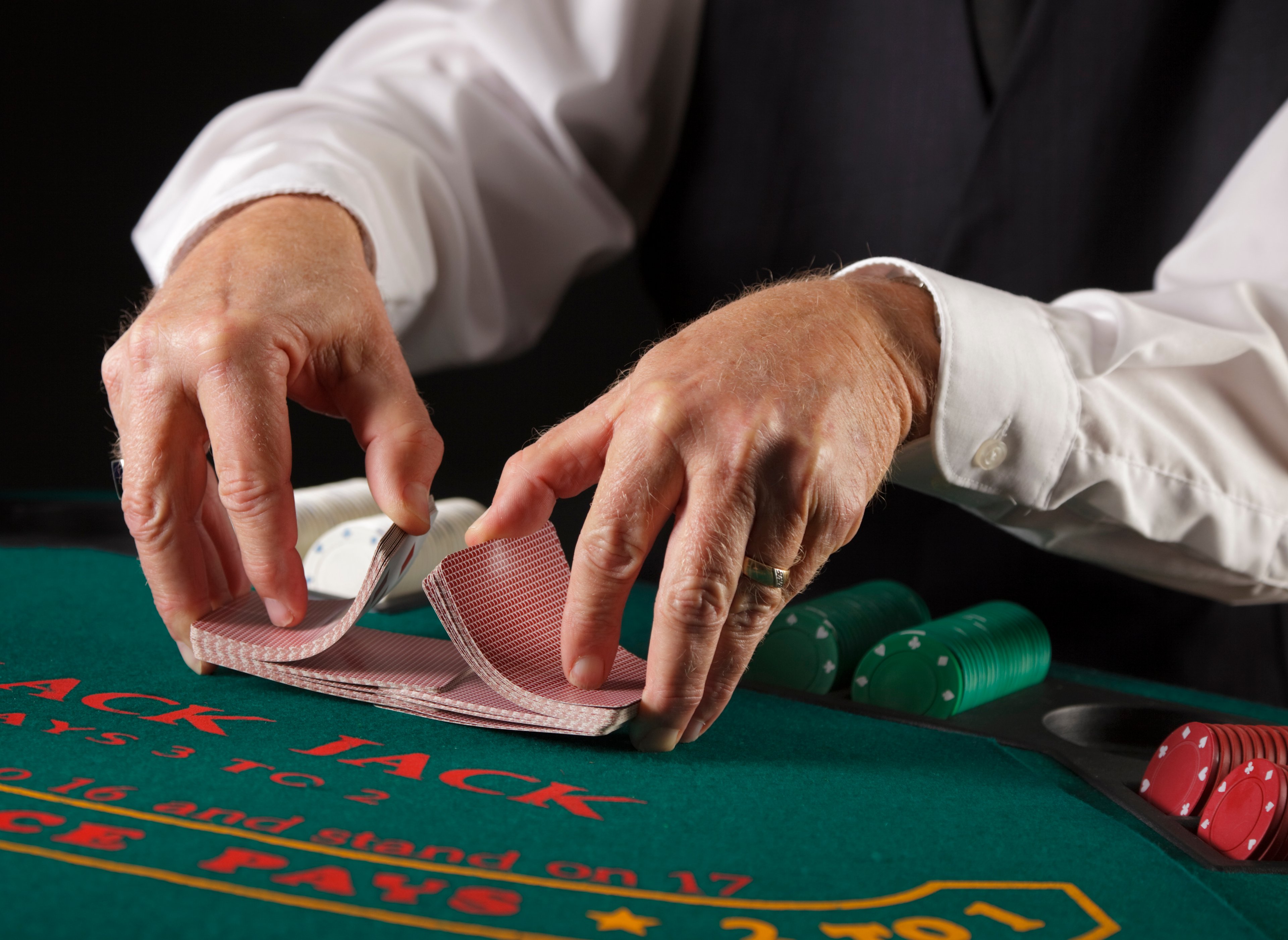
Image: Las Vegas Sands.
It isn't often that companies give investors a true peek into how they're thinking about their business. But once a quarter on conference calls, investors can get a glimpse of what management is thinking. In the case of Las Vegas Sands (LVS +0.23%), chairman and CEO Sheldon Adelson has laid out his thoughts on Macau, where his wins and losses are, and what his strategy is for the future. (All transcript quotes are from Adelson, via Seeking Alpha.)
1. Macau is finally starting to stabilize
We do see stabilization in gaming revenue trends. In the mass gaming segment, our non-rolling drop was down just 1% over the prior quarter, despite new competition that has predominately focused on the mass market. Our VIP rolling volumes were actually up 5% over the prior quarter outperforming the 2% sequential increase in the Macau market.
This is the kind of insight into the gaming industry that investors should be looking for. Adelson is cautiously optimistic that we've finally reached the bottom in Macau and, at the very least, the market should be stable.
The big unknown is how the three new resorts opening on Cotai over the next year will fold into the market. Will they cannibalize the business of existing resorts? Will they bring new visitors? We don't have those answers yet, but stabilization in Macau is good news.
2. We may even be seeing growth
In Macau, our adjusted property EBITDA was up 7% quarter-on-quarter, enabling us to finish 2015 with our best quarterly EBITDA for the year.
Here's another sign of the market stabilization and maybe improvement in Macau. EBITDA is the best gauge of cash flow coming from a resort, and if it's starting to grow quarter over quarter, it could point to a strong year in 2016.
3. Las Vegas Sands' flagship is holding its own
Despite all the headwinds and challenges of 2015, the Venetian Macau produced $1.1 billion of EBITDA for the year and was the only Macau property to exceed $1 billion-plus in EBITDA.
In 2014, multiple resorts in Macau made more than $1 billion in EBITDA, so for The Venetian Macau to be the only one still accomplishing that is a really big deal.
The reason the resort has been so successful in the past year is its focus on mass-market players, the convention center, and other non-gaming businesses. These have continued to attract customers to the hotel, even if they aren't gambling -- a luxury most other Macau resorts don't have.
4. Singapore is growing
In Singapore, Marina Bay Sands delivered another strong result on a constant currency basis and excluding the property tax refund. In the fourth quarter of 2014, Marina Bay Sands' hold-normalized EBITDA was up 12% as mass win-per-day was up 6% and reached another quarterly record when measured in Singapore dollars.
Singapore's gaming industry isn't in as bad a shape as Macau's, but it's been hurt by some of the same trends. China's economic slowdown and its government's crackdown on corruption have kept Chinese gamblers from visiting the city, and gaming revenue is down as a result.
Las Vegas Sands has actually been taking market share in Singapore, which has helped drive growth. Given that Marina Bay Sands is the company's highest-earning resort, it's important that it continues to perform well, which it appears to be doing right now.
5. Cotai has become the key to Macau
The visitation or the GGR [gross gaming revenue] in Cotai, which is my baby, was 60%, and the peninsula was 40%, when it used to be virtually 100% to the peninsula.
A decade ago, the area now called the Cotai Strip didn't even exist. But the government of Macau and Adelson formulated a plan to build a new region in Macau that would be like the Las Vegas Strip -- a hub for entertainment and gambling.
Today, Las Vegas Sands dominates the Cotai Strip, and it's a big reason the company has the biggest market share in the region. Adelson has proven to be visionary when it comes to the Asian gaming market, and his investments in the Cotai Strip are proof of that.





